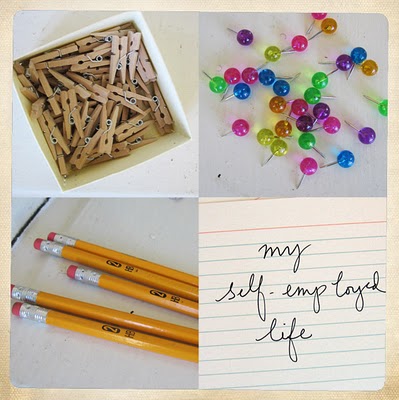Today, I thought of Wallace Stevens.
If you didn’t study American poetry in college (for some reason, I did), you may not be familiar with Wallace Stevens. Mr. Stevens was a prolific, critically-acclaimed poet who first gained fame when he was fifty.
Fifty!
Not only was he fifty when he started doing his best work, he also spent the entirety of his adult life as an insurance executive. Not even the National Book Award tempted him to quit his job. In fact, the more he moved up the ranks at insurance companies, the more his reputation as a poet grew.
I don’t think of Wallace Stevens often, but today, while dealing with a workers’ comp claim filed against one of my clients, I had to call Hartford Insurance. The Hartford, where Wallace Stevens worked for almost forty years! While on hold with customer service, I started to wonder…
I wondered if Stevens ever discussed his artist life with his colleagues – or if he kept the two separate.
I wondered if he turned phrases over in his head on the train to work; if, at the end of a long day, he came home and sat with a pencil and yellow pad, taking thoughts out of his brain and putting them onto paper.
I wondered if he wrote during the years between college and fifty, or if he awoke one day and decided that he was finally ready to be a poet.
I wondered if quitting insurance and being a full-time poet ever entered his mind, or if he ever thought of quitting poetry altogether and focusing on insurance instead.
I wondered if he thought of his career as a metaphor for something, or if (in his mind) it was what it was.
Stevens’ poems are not easy reads. They appear complex at first glance, and become more layered the more you read them. To be honest, I’m not quite sure what a lot of them mean. But there’s beauty in the way he uses words, in his language’s opaqueness. This is reassuring to me – that our own lives don’t have to be straightforward, linear, to be beautiful. There’s as much beauty in complexity as there is in simplicity. The key is to own our talents and our choices – even if they’re disparate, even if you work in obscurity for decades, even if no one else understands.


Let be be finale of seem…
I agree that I like it, but do not understand.
I like this.